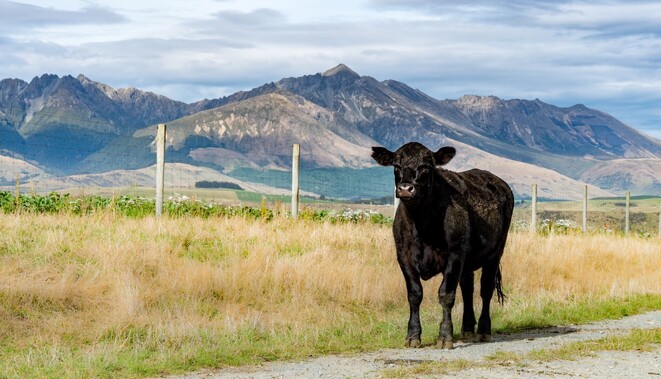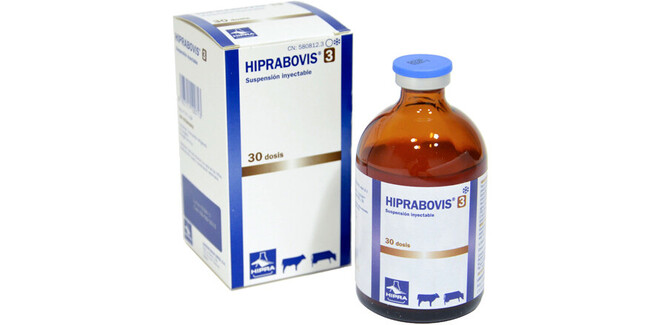As we get through calving, our attention needs to quickly turn to mating and preparing any bulls that may be required for the weeks ahead.
For breeding bulls to achieve their full potential, they need to be reaching peak conception rates during the mating period. They are often required to serve large numbers of cows, making it imperative that their semen is of high quality. Any diseases that may cause a fever in a bull may make him temporarily infertile, which may result in lower than acceptable conception rates or an increase in 'late' cows. Higher than normal body temperature can affect the quality of semen during the fever period. It may take up to three months following an infection for the quality of semen and sperm count to return to normal.
Infectious Bovine Rhinotracheitis (IBR), Bovine Viral Diarrhoea (BVD), and Para-influenza virus type 3 (PI-3) viruses have all been shown to be widespread amongst New Zealand dairy herds. 60% of cattle have been exposed to BVD and generally, nearly 80% of herds have been exposed. Somewhere between 15-20% of dairy herds have a current active infection, meaning that persistently infected cattle are present (BVD steering committee website). Serological surveys have shown that IBR prevalence may range from 60-80% in most dairy herds, along with PI-3 prevalence running at nearly 100% in dairy herds surveyed (Motha and Hansen, 1998). Motha and Hansen showed the prevalence of herds with all three infections to be greater than 55%.
Hiprabovis 3 is a trivalent vaccine containing inactivated strains of BVD, IBR and PI-3 virus. This stimulates active immunity to all three viruses and acts as an aid in the control of disease caused by these viruses. Thus, a vaccination programme involving Hiprabovis 3 may help to ensure the continued health and wellbeing of bulls over the mating period by aiding in the control of BVD, IBR and PI-3. It is essential that bulls are working to the maximum of their potential and getting cows in calf regularly throughout mating.
Hiprabovis 3 is the only vaccine available that offers any protection for bulls against all three viruses.
Bulls should be tested BVD negative and vaccinated with a primary dose 8-9 weeks before the introduction to the herd - with a booster given not less than 3 weeks before being introduced with the herd.
- Ivan Holloway


